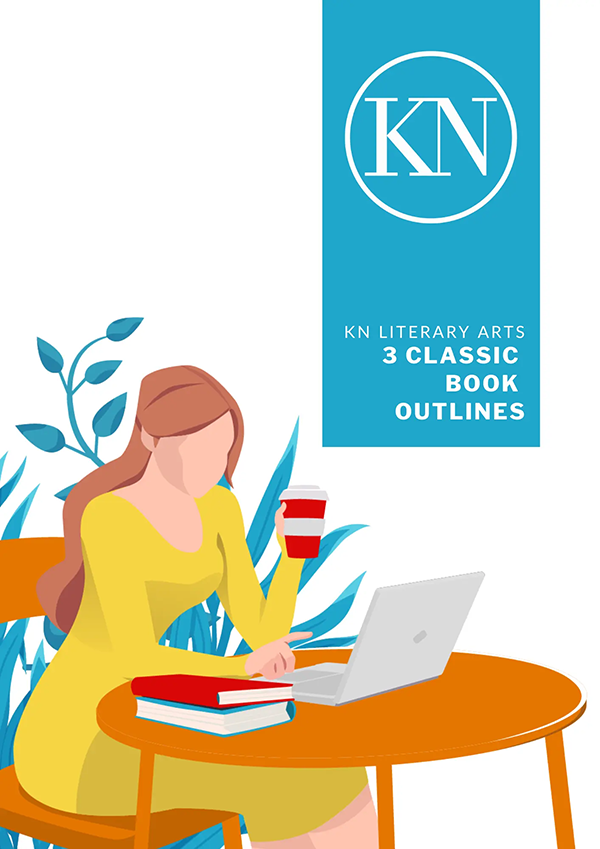Many new authors come to us very concerned about protecting their intellectual property along the road to publication. How do you know that your ideas are safe during the process of editing, sending queries to agents and finding a publisher?
This inquiry is no surprise to me. Putting our work out into the world can be nerve-wracking for many reasons.
Most of them boil down to the unknown. After pouring our hearts into our work, handing it off to strangers can feel incredibly risky. It’s like sending our baby off to school: What problems might befall her when she’s out of our line of sight?
But often, I find the fear of plagiarism is serving one and only one purpose. It gives you a good excuse not to take action on your book dream.
In service of helping you get unstuck, here are two things I say to our clients who are worried their ideas will be stolen. The first is that in my career, I’ve never had any author I’ve worked with run into the issue of stolen ideas or plagiarism. That’s hundreds of authors, and not one issue that I know of. Not a single one!
I’m not suggesting that it never happens, but I want you to understand how incredibly rare it is. You’re far more likely to have your Facebook identity stolen than your book idea! Book publishing professionals—people who make our living editing, selling and publishing books—have no interest in ruining our careers by stealing your ideas or your words.
The second response I make comes from my friend and mentor Reid Tracy, who runs Hay House, Inc. He always says that no matter how original you think your ideas are, we in the book industry have seen them before.
If you find an author writing about the same thing you are—even if they’ve worked with the same team as you—it’s actually much more likely that you both got the same hit of inspiration than that they stole your idea.
Finally, I’ll say that in the unlikely circumstance where someone might get, ahem, inspired by your work, I suggest you take it as both a compliment and a sign that you’re doing a great job. As a new writer, putting your work out into the world successfully enough that it gets pilfered is a pretty good indicator that your idea and writing have real promise.
That said! If you want to make sure you’re able to defend your copyright in the unlikely event you find yourself in a dispute, make sure you keep copies of your working drafts saved on your hard drive and on at least one cloud-based back-up service like Dropbox or Carbonite.
If you can produce earlier versions, especially versions that include a time/date stamp, you’ll have no problem proving that the work was actually yours to begin with.
As a new author, your focus needs to be on getting your work out as far and wide as possible—not worrying about protecting it. If you disagree, I’d love to talk it through with you. Just head on over to our Facebook page and join the conversation!
Share:


